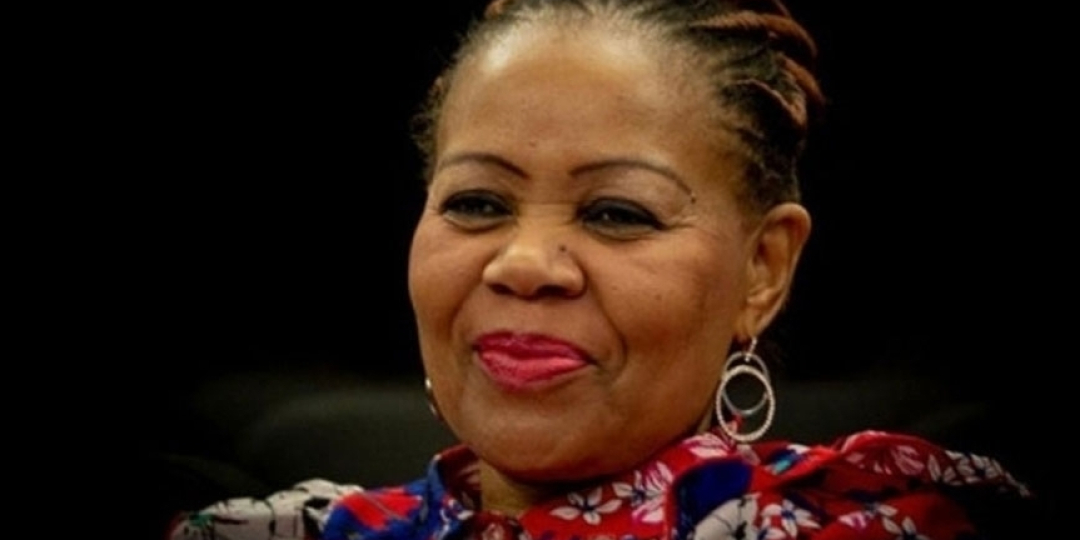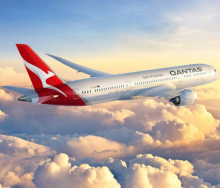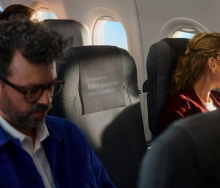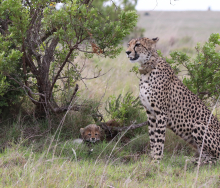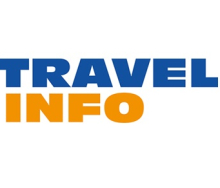Presentations given to the Parliamentary Portfolio Committee on Tourism in Parliament last month painted a picture of the stress that travel and associated businesses are currently enduring.
The presentations formed a part of the February 2021 report on the impact of the COVID-19 pandemic on the tourism industry, compiled by the Tourism Business Council of South Africa (TBCSA), and presented by TBCSA ceo, Tshifhiwa Tshivhengwa. The report highlighted that SA was now on a list of 33 countries whose residents have to quarantine when they travel (demanded by the destination, and at the traveller’s expense) based on the presence of the so-called COVID-19 SA variant. (Inbound tourists can also find themselves having to isolate for 10 days when they return to their home country).
Adding to the difficulties of South Africa’s tourism sector, was that (at the time) 18 countries had fully or partially closed their borders to travellers from South Africa, and several airlines had either reduced schedules or had completely suspended flights from South Africa.
Asata
Asata reported that it had had to close its physical office, which has existed to support South Africa’s retail travel agents for almost 65 years. Because the association earns its income from members paying a percentage of BSP ticket sales and the collection of membership fees, the reduction in industry BSP ticket sales, the closure of many member agencies, and the lack of ability of the remaining members to pay membership fees, have converged, resulting in the association suffering substantial revenue losses. Asata can now only afford to retain half its already small team, and remaining members of staff are now working virtually and have taken salary cuts to mitigate against the full closure of the association.
“The travel agent industry focuses primarily on three core competencies – corporate travel, government travel, and leisure travel (both domestic and outbound). On the corporate side, there is still heavy restriction on travel, and understandably so, as many companies are reviewing their duty-of-care obligations. Government travel is also severely curtailed. On the leisure domestic side, the South African travel agent sector has never been very prominent. With the way that industry and businesses are shifting, there is an increasing blurring of lines between leisure travel and business travel, and a lot of people are becoming a lot more flexible. Hopefully, down the line, there will be more opportunities to combine leisure with work for those that are working remotely. That is purely speculation at this stage,” said ceo of Asata, Otto de Vries, in his presentation to Parliament.
“As it stands right now, many businesses have closed down and thousands of jobs have been lost. Many of those travel agents will never return. Those who do will be in a virtual environment. Asata has seen, for example, that one of its very large retail groups has closed 40% of its stores. Asata is seeing roughly 10% of sales year-on-year, which gives one an idea of the scale and sense of what the losses have been for this industry. It is not sustainable in the medium- or long-term if the industry does not start to see a fundamental shift, because 10% is not a future for an industry,” added Otto.
Barsa
Barsa reported that of its 32 international airline members, 19 were not operating to South Africa. The remaining 13 members were operating at reduced capacity and offering low fares in order to entice passengers to travel.
“This is not sustainable for an airline which takes ten hours to come to South Africa, for example. The airlines are doing this because they want to remain in the market,” said Barsa ceo, Zuks Ramasia.
Zuks reported that in 2020, airlines globally lost about R118bn. “It is projected that in 2021, losses will be about US$38bn (R568bn). In 2020, African airlines lost $3bn (R44,8bn), and the projections for 2021 are losses of about $2bn (R29,9bn). There was a decrease of around 75% in passenger demand internationally, over the previous year’s figure. Domestic demand (globally) decreased by about 48%,” she said.
Zuks said part of the problem was lack of confidence. “International airlines perceive South Africa's policy as one of uncertainty and ‘stop-and-go’. They say they do not see South Africa as a country having one common message that is succinct, and which talks about good things such as South Africa’s protocols, which are fit and proper to deal with the scourge of COVID-19.
“This is one of the things South Africa really has to work hard on. There is a lot that has been done in South Africa that is positive, which needs to be put out there,” said Zuks, adding that the narrative around new variants should be addressed with the aim to move away from the label ‘South African variant’.
